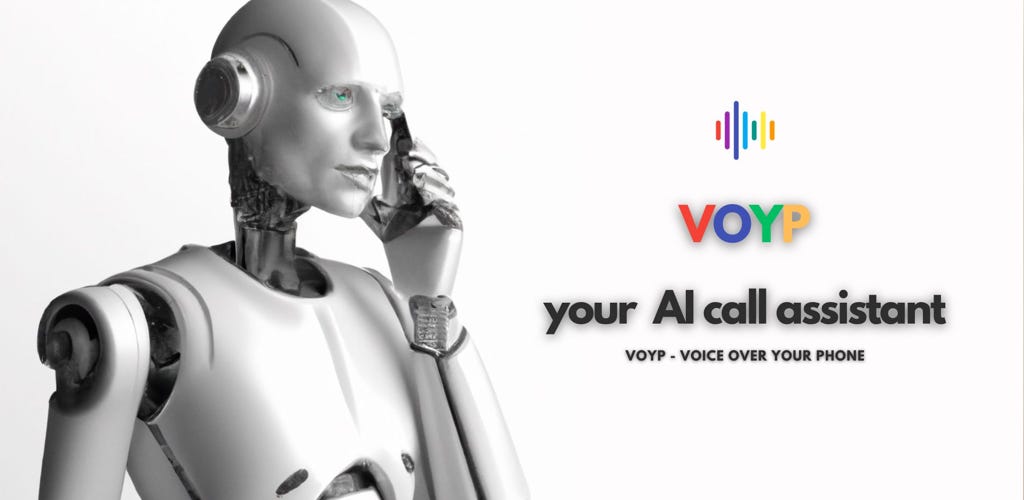Challenges and Solutions in AI Phone Call Technology
SEO
- 0

AI phone call technology is rapidly transforming the way businesses and organizations communicate, offering impressive benefits like increased efficiency, scalability, and personalized interactions. However, despite its growing adoption, this technology faces AI Phone Calls several challenges that must be addressed to maximize its effectiveness and acceptance. Understanding these challenges and exploring viable solutions is key to the successful deployment of AI phone call systems.
One of the primary challenges in AI phone call technology is ensuring natural and accurate speech recognition. Human speech is complex, featuring diverse accents, dialects, slang, and varying speech speeds. AI systems can struggle to accurately interpret what callers are saying, leading to misunderstandings and frustration. To address this, developers are continuously improving natural language processing (NLP) models using vast, diverse datasets and advanced machine learning techniques to better recognize and adapt to different speech patterns.
Another significant hurdle is creating AI responses that feel genuinely human and empathetic. Early AI systems often sounded robotic and failed to convey emotions or understand nuanced contexts. Modern solutions leverage sophisticated text-to-speech synthesis and sentiment analysis to produce more natural voice modulation and responsive dialogue. Incorporating emotional intelligence into AI models helps make interactions more relatable, enhancing user satisfaction and trust.
Privacy and data security are also major concerns with AI phone calls. Since these systems process sensitive personal information, ensuring compliance with regulations such as GDPR, HIPAA, and CCPA is critical. Companies must implement robust encryption, secure data storage, and transparent privacy policies to protect user data. Additionally, obtaining explicit consent from users and providing options to opt-out of data collection are essential practices to maintain ethical standards and consumer trust.
Handling complex or unexpected queries presents another challenge for AI phone calls. While AI excels at managing routine questions, it may falter with ambiguous or sensitive issues requiring human judgment. Hybrid models that combine AI efficiency with human oversight are effective solutions. AI can triage and handle basic interactions while seamlessly transferring complex cases to live agents, ensuring customers receive the right support when needed.
Finally, user acceptance remains a barrier, as some customers are hesitant or uncomfortable interacting with AI systems. Clear communication about when callers are speaking with AI, along with providing easy access to human assistance, helps alleviate concerns. Educating users on the benefits and limitations of AI phone calls can foster greater acceptance and confidence in the technology.
In conclusion, AI phone call technology faces challenges related to speech recognition, emotional engagement, privacy, complexity handling, and user trust. However, ongoing advancements and thoughtful integration strategies are addressing these issues, paving the way for AI to become an indispensable part of modern communication. By balancing technological innovation with ethical considerations, AI phone calls can deliver powerful, efficient, and human-like interactions that benefit both businesses and consumers.